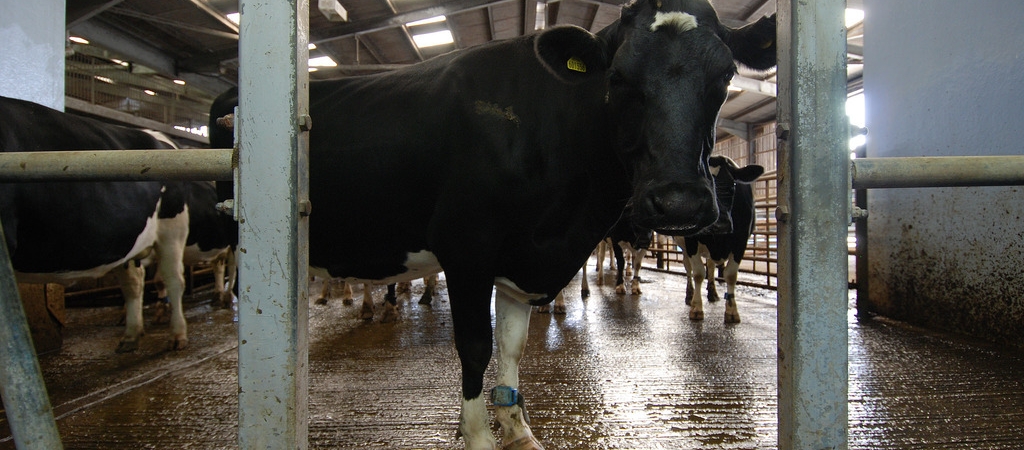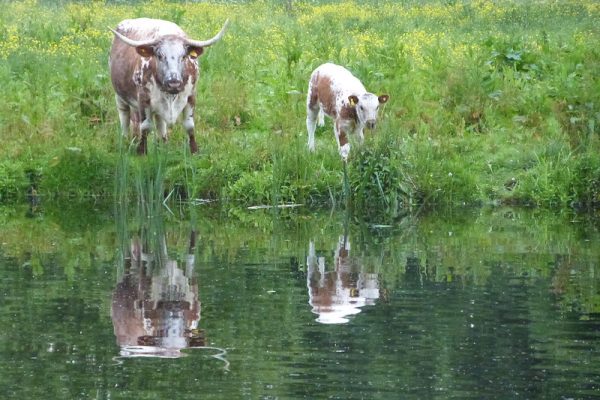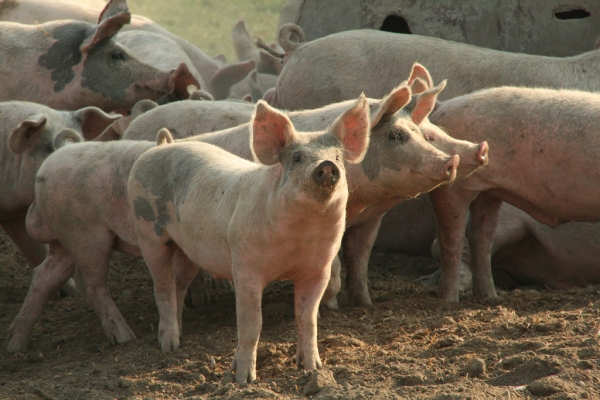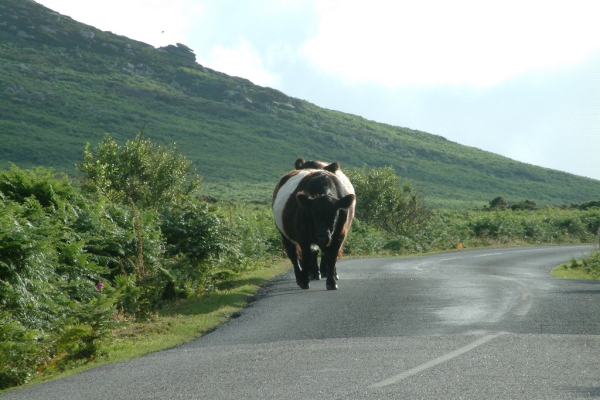Breeding & Genetics
AHDB Dairy genetic evaluations homepage
Resource explained
All breeding policies should focus on producing profitable, healthy and environmentally sustainable dairy herds. This webpage of the Agriculture & Horticulture Development Board (AHDB) Dairy division provides access to information that has been designed to help you make your own breeding decisions in “a practical and user-friendly way.” From here you can view the latest UK genetic evaluation results, decipher which index you should use to identify the genetics best suited to your business (and are then directed to the relevant bull lists), and access statistics of all the major breeds in the United Kingdom. You can also create your own ‘Herd Genetic Report’ (HGR) and access other useful reports and publications.
Findings & recommendations
- AHDB Dairy states it aims to “… provide dairy farmers with the opportunity to improve the health, welfare and productivity of their cows, while simultaneously protecting their genetic diversity. Such a breeding policy will contribute to a profitable, healthy and environmentally sustainable dairy herd.”
- Cow health, welfare and longevity are a focus of the national breeding strategy with ‘fitness’ traits placed above ‘production’ traits within the current national breeding goal. Traits currently evaluated are: milk production, somatic cell counts, lifespan, conformation, milking speed, temperament, fertility and calving.
- Alongside economic benefits which genetics can provide for, welfare and environmental needs and impact should be addressed.
- Genetic evaluations for the major dairy breeds and crosses in the UK are integral to the dairy industry. Every year, the economic value of the genetic gain achieved by breeders accumulates. Alongside this, a reduced impact on greenhouse gases, estimated to have been about 0.8% per year, is also reported, as a consequence of genetic improvements.
- By providing information for the cows registered on your farm, a HGR allows you to see the genetic potential of your herd.



